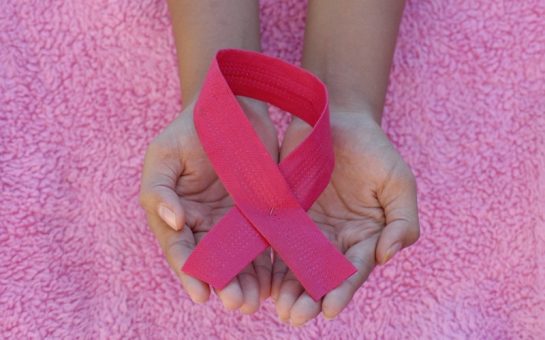Nestlé have increased the amount of sugar in their KitKat bar by 2.5% in response to ongoing trialling.
The standard 41.5g bar now contains 49.4g of sugar per 100g, up from 48.3g.
It comes after the confectioner famously slashed 8% of sugar from KitKat in 2017, while claiming to preserve the taste of Britain’s third most popular treat.
Nestlé says the change is as a result of “ongoing testing” and formula improvements.
A Nestlé spokesperson said: “Between 2016 and 2018 we removed 8% of sugar from our KitKat bars with no impact on taste.
“We have continued to build on this by further reducing the amount of sugar in all our KitKat products.
“This has involved trialling different formulations in order to ensure the recipe continued to deliver on taste and product quality.”

Aside from being more sugary, the new formula also contains slightly more fat than its predecessor.
And despite the net reduction of sugar from its 2016 counterpart, the snack still contains more sugar than it did in 1995 (when the bar weighed 48g).
Holly Gabriel, a nutritionist from Action on Sugar at Queen Mary University described the change as “disappointing”.
She said: “It’s no secret that confectionery has little nutritional value and is a major contributor to sugar and calorie intake, which is linked to the development of obesity and tooth decay, especially in children.
“Everyone, including food companies, must play their part and take action to help everyone lead healthy lives.”

Two thirds of adults in England are overweight or living with obesity, an issue that has now been linked with increasing the risk of severe illness and death from Covid-19.
Gabriel says that confectionery should be subject to similar sugar surcharges as those imposed on soft drinks.
She said: “All confectionery products should be reformulated to reduce not only the sugar content but calories too under a sugar reduction policy, similar to the soft drinks industry levy, to ensure sugar levels are kept low.”
But Nestlé defended its record in working to reduce sugar levels in its products, citing the lack of non-artificial alternatives.
The spokesperson said: “Over the last five years we have reduced sugar across our entire UK confectionery portfolio by 10% and have worked to bring forward new technologies that enable sugar reductions.
“We continue to invest heavily in research and development and product development around the world and our overall aim remains to create healthier choices across all of Nestlé’s products.”




